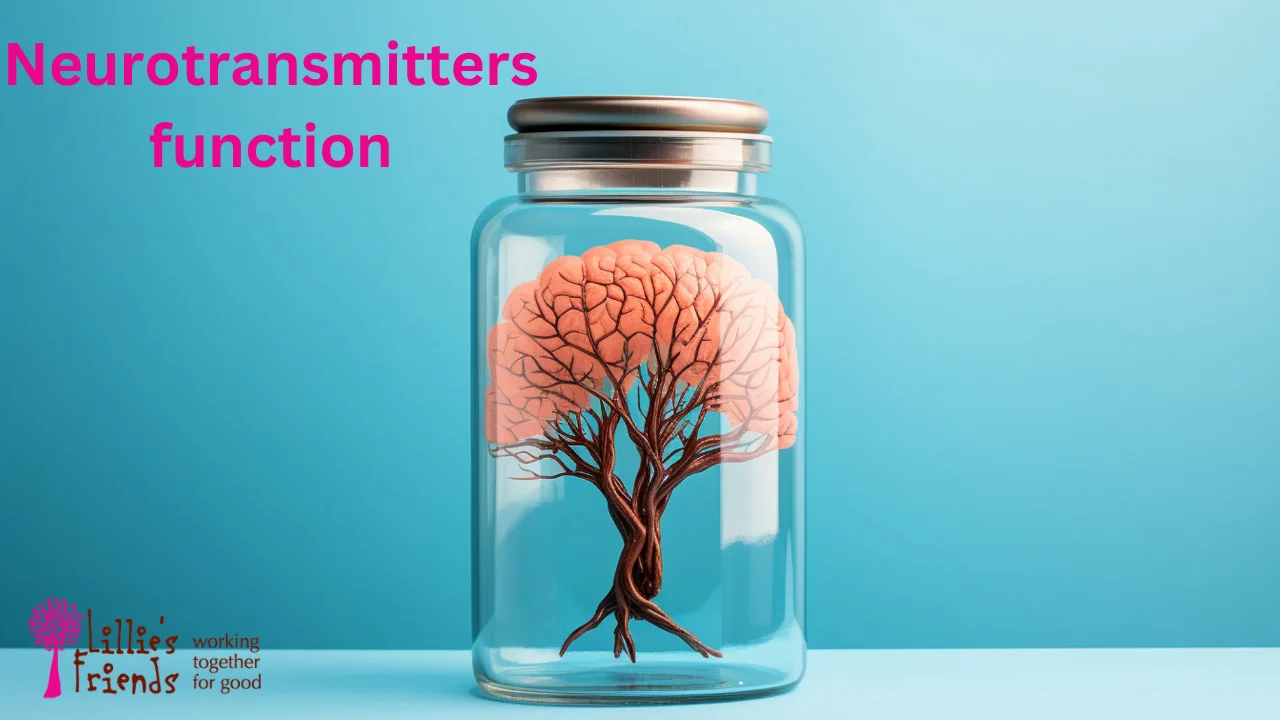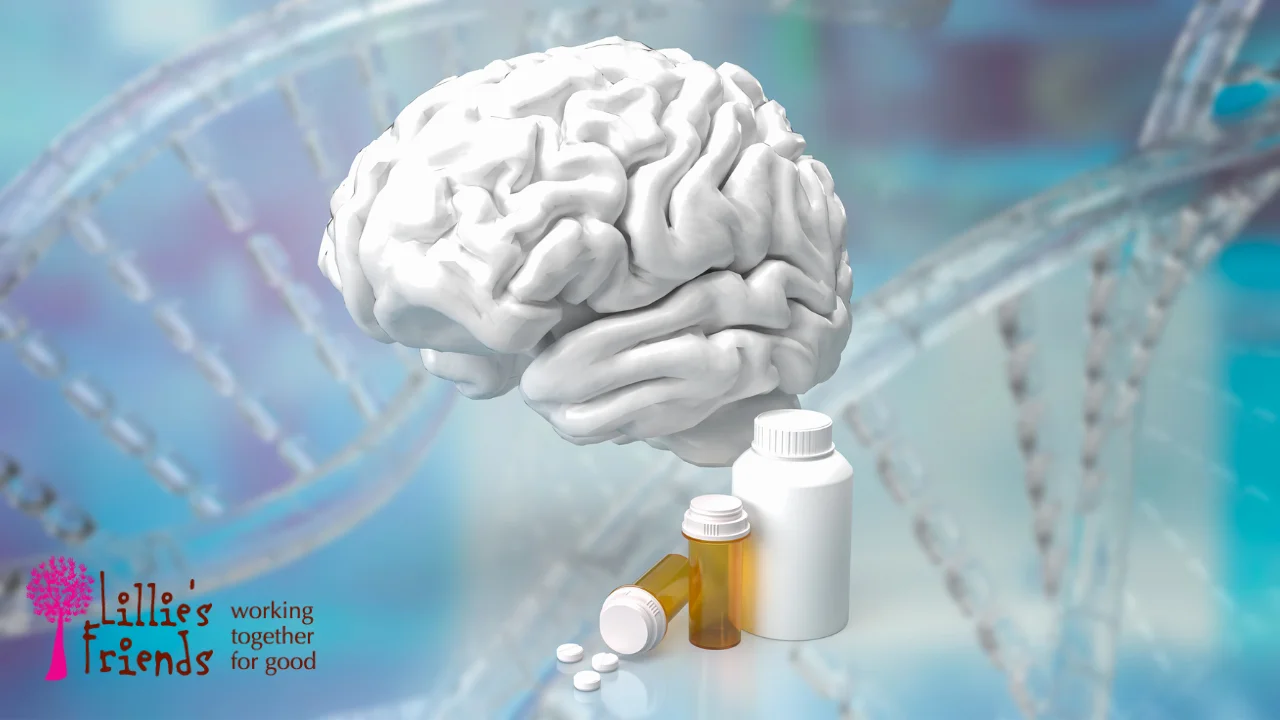The human body contains about 100 different kinds of chemical messengers known as neurotransmitters. They are essential for brain function and assist in regulating a variety of bodily activities such as appetite, breathing, and heart rate.
Neurotransmitters not only regulate physiological processes, but they also help people learn and govern emotions such as fear, pleasure, and happiness. Continue reading to discover more about how neurotransmitters affect mental health.
What are the neurotransmitters?
Neurotransmitters are nervous system components that your body needs to operate properly. They are necessary for numerous bodily functions and human development because they increase and balance messages in the brain.
Neurotransmitters send chemical “messages” from one neuron (nerve cell) to the next target cell. The target cell might be a gland, muscle, or nerve cell.
Our brains continually regulate everything from breathing to heartbeat to learning and concentration levels using billions of neurotransmitter molecules.
What do neurotransmitters do?
The nervous system controls the body’s organs and takes part in practically every physical function. Neurotransmitters in the brain are essential parts of this system.
- A nerve cell sends an impulse indicating the need to relay a message to another cell.
- Neurotransmitters transfer messages from one cell to another.
- The impulse triggers the release of neurotransmitters.
In short, neurotransmitters facilitate cell communication. They migrate between cells, attach to specific brain receptors, and trigger the target cells to respond when they connect. Each neurotransmitter attaches to one or more receptors. Dopamine molecules, for example, may attach to dopamine receptors.
- A nerve cell sends an impulse indicating the need to relay a message to another cell.
- Neurotransmitters transfer messages from one cell to another.
- The impulse triggers the release of neurotransmitters.
Neurotransmitters function.
Neurotransmitters are necessary for the brain to control a variety of important activities, including
- Blood pressure and heartbeat.
- Breathing.
- Muscular movement.
- Aging, healing, and sleeping.
- Emotions, memories, learning, and thinking.
- Stress response.
- Hormonal control.
- Digestion.
- Senses (your response to what you see, hear, feel, touch, and taste).

Types of neurotransmitters
Over 100 neurotransmitters have been identified by professionals, with more being discovered. These neurotransmitters are categorized into three major groups based on their function.
- Inhibitory neurotransmitters reduce the possibility that the target cell will respond by stopping the chemical message from being sent further.
- Excitatory neurotransmitters cause a target cell to activate by firing neurons, which continue to convey the chemical message.
- Modulatory neurotransmitters may connect with a large number of neurons at once.
- These three groups include hundreds of distinct neurotransmitters. The most often found are acetylcholine, endorphins, dopamine, GABA, and serotonin.
What role do neurotransmitters have in mental health?
A neurotransmitter imbalance may lead to mental health concerns. If the chemical system of communication between the brain and body is interrupted in any way, patients are likely to exhibit one or more of the symptoms frequently associated with mental diseases.
Lower serotonin levels[1*] may contribute to depression. Abnormal dopamine levels may raise the risk of schizophrenia[2*] and ADHD[3*]. These are merely two examples. In reality, neurotransmitter imbalances or shortages cause a broad variety of additional symptoms and consequences. They may produce food cravings, impulsive behavior, mood swings, and a variety of other symptoms.
Neurotransmitters linked to mental health
The most well-known neurotransmitters linked to mental illnesses are discussed in the following section.| Neurotransmitters | Associated functions |
| Serotonin |
|
| GABA (gamma-aminobutyric acid) |
|
| Epinephrine |
|
| Endorphins |
|
| Dopamine |
|
| Acetylcholine |
|
To conclude.
There are several essential chemicals that, if created in excess, might cause mental health problems. However, health specialists are currently investigating the intricate relationships between neurotransmitters and mental health.











